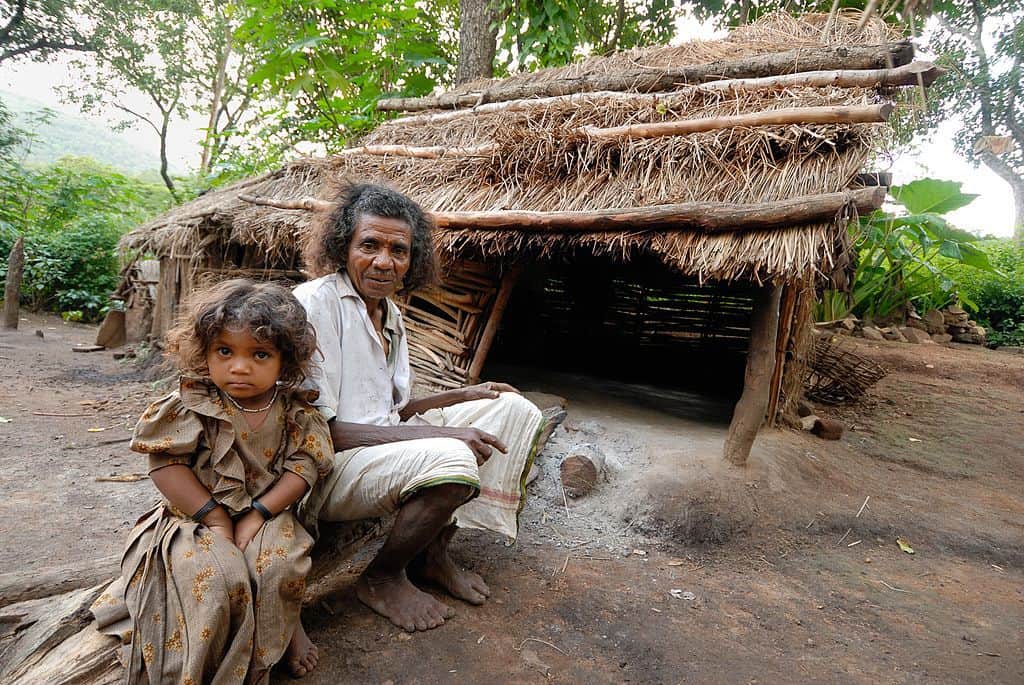
Towards health equity: understanding and improving health of forest-dwelling tribal communities in southern India

Speaker
Affiliation
Date and time
14 July 2017, 3:30 PM – 5:00 PM
Venue
#250, 2nd C Main, 2nd C Cross,
Girinagar Ist Phase,
Bengaluru – 560085
The seminar will focus on the objectives and study design for the research project that Prashanth is undertaking under the Wellcome Trust/DBT India Alliance Intermediate Fellowship in Clinical and Public Health. It will begin with an overview of tribal health research in India. India’s tribal population lives largely in and around thickly forested areas, which are often difficult-to-reach. Most areas with high tribal populations also have poor health and nutrition indicators. However, the poor population health outcomes in tribal communities cannot be explained by geography alone. Social determinants of health, especially various social disadvantages compound the problem of access and utilization of health services and achieving good health and nutritional status. In the interest of achieving equitable health and universal health coverage, we need to better understand the reasons for poor health among tribal populations and generate scientific explanations for the drivers of health inequalities in tribal communities. This will help design and implement evidence-based and context-specific interventions to address health inequalities of tribal populations. In this research project, we will
1. describe and analyse the extent and patterns of health inequalities among forest-dwelling tribal communities in three major tribal regions;
2. explain the underlying reasons for health inequity among tribal communities through a contextualized and empirically validated theory;
3. design and pilot an intervention to address health inequalities by tribal communities.
2. explain the underlying reasons for health inequity among tribal communities through a contextualized and empirically validated theory;
3. design and pilot an intervention to address health inequalities by tribal communities.
















